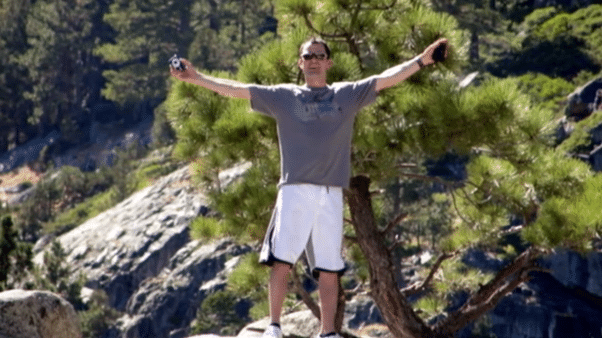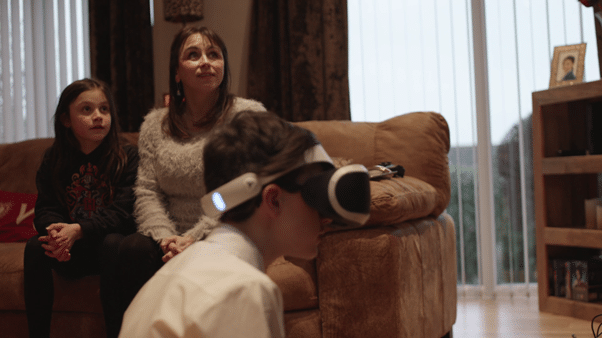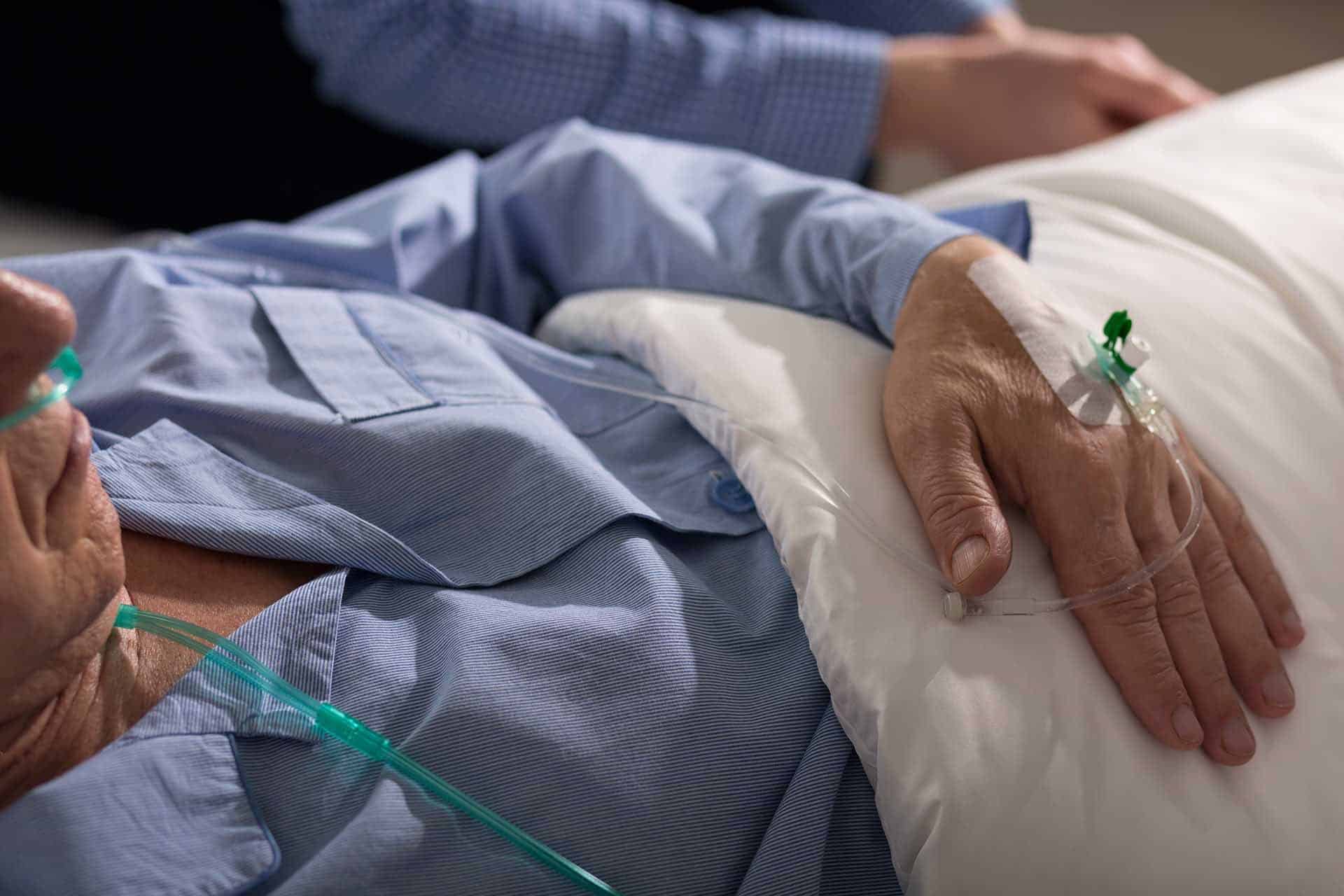
 " alt="">
" alt="">
Cancer Negligence Claims

We've got your Cancer Negligence Claim covered
- No win No fee
- Not just lawyers - real specialists
- No obligation
- UK's highest-rated medical negligence solicitors
What is a cancer negligence claim?
It can be confusing trying to understand if what happened to you really was medical negligence. Every healthcare professional must treat patients according to a code of conduct and have a duty of care. When this duty has not been met, and the consequences have resulted in suffering that would otherwise have been avoided, this is considered to be medical negligence.
With cancer negligence claims, a delay in diagnosing or treating cancer is often the reason for medical negligence. Around two thirds of cancer cases are initially misdiagnosed. As catching cancer early on improves the chances of survival considerably, any delay in diagnosis or treatment can be incredibly costly. Which is why you are entitled to compensation that can help you repair the damage caused by medical negligence.
Find out if you
have a claim
Take the 10-second claim test
Free Advice
03300 080 352
claim form
We're the highest-rated No Win No Fee medical negligence solicitors on Trustpilot
Commonly misdiagnosed cancers
There are hundreds of types of cancers, many presenting with symptoms associated with less serious illnesses at first. This is just one reason why cancer may be misdiagnosed. The most common cancers in the UK include:
Breast cancer – unexplained lumps can sometimes be diagnosed as blocked milk ducts or benign cysts.
Prostate cancer – an enlarged prostate can cause issues with urination and be misdiagnosed as a urinary tract infection.
Lung cancer – lung cancer can be mistaken for routine respiratory illnesses or even asthma
Bowel cancer – symptoms of bowel cancer can be misdiagnosed as irritable bowel syndrome or food related illnesses like coeliac disease.
Melanoma skin cancer – skin cancer can be misdiagnosed when moles are not investigated correctly or skin changes are diagnosed as other illnesses like psoriasis or eczema.
Non-Hodgkin Lymphoma – typically harder to diagnose as symptoms can look like less serious illnesses like the flu. A biopsy is the only way to diagnose this type of cancer.
It’s worth noting that negligence can happen at any stage of your cancer, including initial appointments, after having tests or when receiving treatment like chemotherapy. Different types of cancer will have different symptoms and all of them should be thoroughly investigated and the right course of action taken as quickly as possible.
How do I know if I can make a claim?
If you or your GP are concerned about cancer symptoms, you should be offered an appointment with a specialist within 2 weeks of your General Practitioner (GP) making the referral. This is stated on the NHS’s online waiting times guide.
If you have already waited longer than the 2 weeks specified for your treatment, you are within your legal right to ask to be seen or treated by a different provider. In addition to this, the hospital or clinical commissioning group (CCG) must investigate and offer you a range of suitable alternative hospitals or clinics that would be able to see you. If you’re not happy with the response, you can complain by following the NHS complaints procedure.
Other examples of cancer negligence claims include:
- Failing to request the proper tests in the right time period
- Misreading test results such as blood or tissue samples
- Not recording patient information or symptoms properly
- Diagnosing a different illness
- Prescribing the wrong treatment
To make a cancer negligence claim, it must be proven that if any of the above did occur, this had a direct impact on the outcome of your cancer and that this outcome could have been avoided.
What can I expect?
There is no absolute settlement figure for cancer negligence claims, as every case is different.
We work hard to understand every detail of your cancer diagnosis to get you a fair figure that represents the extreme distress you have suffered. Typically, you will receive compensation for:
- Paying for private healthcare or other medical fees
- Costs of palliative equipment or changes to your home or car
- Loss of earnings while undergoing cancer treatment
- Transport costs if cancer has left you unable to drive
- Loss of earnings for a loved one who has become your carer
- Pain and suffering
- Counselling and support services
Our client was awarded a seven figure sum after a cancer misdiagnosis resulted in the tragic loss of their loved one. Alongside the final settlement the family were given an apology from their doctor which was incredibly important to them.
Why Choose Us
At Patient Claim Line, our specialist legal experts have extensive experience in supporting clients and delivering cancer negligence compensation. We understand the distress and devastation that can be caused by delayed, negligent or misdiagnosed cancer treatment. When you are ready to speak up we will talk through your case and help you access the compensation that could make such a difference to you and your family. Our team of over 100 solicitors have helped thousands of clients access the compensation and support they are entitled to.
No Win No Fee Cancer Misdiagnosis Claims
When dealing with a cancer diagnosis, the last thing you want to worry about is funding a compensation claim. All of our misdiagnosis and medical negligence cases are No Win No Fee. If we don’t win your case for you, you don’t need to pay a penny.
Why Choose Patient Claim Line for your Cancer Negligence Claim?
Not just lawyers — medical negligence experts
Patient Claim Line was established in 2014 and consists of a team of medical lawyers specialising in cancer negligence and general medical negligence claims.
At Patient Claim Line we have more than 100 solicitors with a combined experience of over 400 years and they will work on your behalf to achieve the best result possible for you.
It’s not enough to use a solicitor who sometimes covers medical negligence. You need someone who knows this area through and through. That is what the solicitors here at Patient Claim Line do. They deal exclusively in this area of law and are experts in the field.
Frequently asked questions about Cancer Negligence Claims
Our expert legal team answer your questions about making a Cancer Negligence Claim
As solicitors specialising in cancer negligence claims, we know how important it is to estimate your compensation figure ahead of pursuing a claim. Although we cannot calculate an exact figure beforehand, our legal teams are here to support and advise on all critical aspects of your case.
This means that the more evidence we have, and the more we know about your experience, the better equipped we will be to deliver a fair and just final award.
There are now a range of screening options for many types of common cancers. Some cancers, however, are less common and can therefore be harder to detect. Pancreatic cancer can exist in the body for a long time before symptoms become obvious and, even then, can be misdiagnosed as digestive illnesses. Lymphoma can also be misdiagnosed as more common illnesses due to its effect on the immune system. Patients typically develop a cold or the flu more often which may be mistaken as a virus without uncovering the underlying cause.
Regardless of the type of cancer, if there has been an avoidable delay in treatment due to misdiagnosis, your claim for medical negligence will be investigated and our expert team will find out why it happened.
We are all impacted by cancer, in one way or another. Therefore, we want to be there for you should a member of your family, or a friend, become the victim of a negligent cancer diagnosis. You can claim on behalf of someone else if:
- Someone’s death was a result of a delay in the diagnosis of cancer or treatment If you are the spouse or child of an individual who unfortunately died as a result of negligence or a misdiagnosis.
- If you’re the parent of a child under the age of 18.
- If you can prove that you were financially dependent on the individual who has died.
- You are acting on behalf of the estate of the deceased person or you are sorting the affairs of the deceased person.
Ordinarily there’s a three-year time limit to submit your claim. That’s three-years from the date of the negligence or from your date of knowledge of the negligence, whichever is later. In the case of a deceased person, the three years runs from the date of death of a loved one.
When you make the claim itself, there is no set time frame. The time from initial consultation until final settlement will vary depending on the individual circumstances of your cancer misdiagnosis.
Once we accept your claim, we always work on a no win no fee basis.
This means that if you pursue your claim with us, and the claim is not successful, you walk away without having to pay us a penny. That’s our promise to you.
For more information on making a claim, read our FAQ section.
Meet our Cancer Negligence Team
Case Study
Sarah's Story
"Now we have peace of mind"
My husband, Nick, went back and forth to the doctors for a long time and tried everything the doctor recommended. But his illness got worse, to the point that he was in agony.
In the end we got so desperate that we asked for a referral. The doctor was reluctant, so we had to consult a private hospital. That’s when we found out there was a tumour. It took years from the onset of his illness to finally start cancer treatment.


He used to be a man with a lot to live for, but in the end he was in so much pain that he withdrew from the family. He became angry that nobody had helped him sooner, and the legal team were able to give him the validation that he was desperately seeking. The NHS confirmed if they had done more, Nick would still be alive today.





